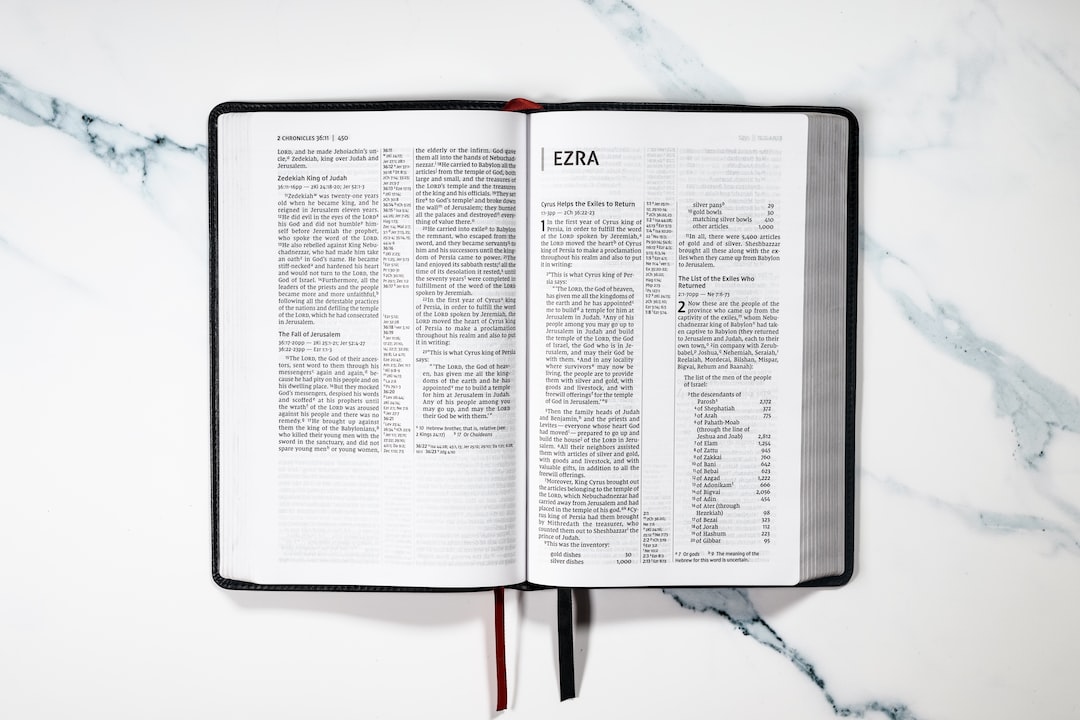The Journey of the Soul: Beliefs in Reincarnation across Religions
The concept of reincarnation, the idea that the soul is reborn into a new body after death, is prevalent across various religions and spiritual traditions. While the details and interpretations may differ, the belief in the continuous journey of the soul has captured human imagination for centuries.
In Hinduism, the oldest religion in the world, reincarnation is a fundamental aspect. Guided by the law of karma, Hindus believe that the actions, thoughts, and intentions of an individual in one life determine their fate in the next. Living ethically and morally is essential to ensure progress in subsequent lives, with the ultimate goal being moksha – liberation from the cycle of birth and death.
Buddhism, which evolved from Hinduism, also embraces the concept of reincarnation. However, in Buddhism, the soul is not considered a permanent entity but rather a stream of consciousness known as the “no-self.” Through the process of rebirth, the accumulation of good and bad karmic actions determines the conditions of the next life. The goal in Buddhism is to break free from this cycle by achieving enlightenment, known as nirvana.
The Abrahamic religions, including Judaism, Christianity, and Islam, generally reject the idea of reincarnation. Instead, these religions teach the belief in a single life followed by judgment and an afterlife. However, it is important to note that there are sects and individuals within these religions who incorporate concepts of reincarnation into their beliefs, often influenced by mystical or esoteric traditions.
One such example is the concept of gilgul in Jewish mysticism, known as Kabbalah. Gilgul suggests that the soul is reincarnated in different bodies until it achieves spiritual rectification. This notion aligns with the idea of tikkun olam, the responsibility to repair and contribute positively to the world. It is believed that each lifetime presents the soul with specific challenges and opportunities for growth.
In the realm of ancient Egyptian religion, the belief in reincarnation played a significant role. Egyptians believed in the immortality of the soul and the need for the body to be preserved after death. This belief led to the practice of mummification and the construction of elaborate tombs and pyramids. The soul, known as the ka, was thought to continue its journey into the afterlife, where it would be judged based on its earthly actions.
Similarly, indigenous cultures worldwide hold beliefs in reincarnation. The Native American tribes, for instance, view death as a transition rather than an end. They believe that the soul continues its journey to the Spirit World, where it can choose to be reborn in another form. Many indigenous cultures also embrace the interconnectedness of all living beings, viewing each life as a part of a larger cycle.
In some cases, the belief in reincarnation is not limited to religious or spiritual contexts. Various scientific research and academic studies also explore the possibility of past lives. From the field of psychology, the renowned psychiatrist Dr. Ian Stevenson dedicated his career to investigating cases suggestive of reincarnation, documenting thousands of accounts of children with memories of past lives. While these studies remain controversial and are not widely accepted, they provide an intriguing perspective on the topic.
Regardless of religious, spiritual, or scientific beliefs, the concept of reincarnation offers a unique lens through which to understand the purpose and meaning of life. It challenges the notion of existence as a linear progression and opens up possibilities for personal growth and transformation over multiple lifetimes.
Ultimately, whether one embraces the belief in reincarnation or not, exploring and understanding diverse perspectives fosters a greater appreciation for the rich tapestry of human beliefs and experiences. From ancient civilizations to modern societies, the journey of the soul continues to captivate and inspire, transcending the boundaries of time, culture, and religion.
